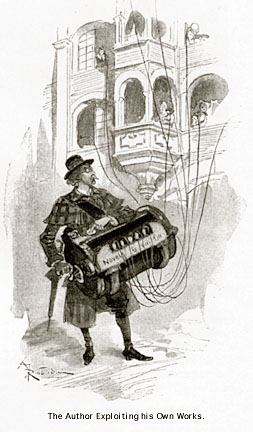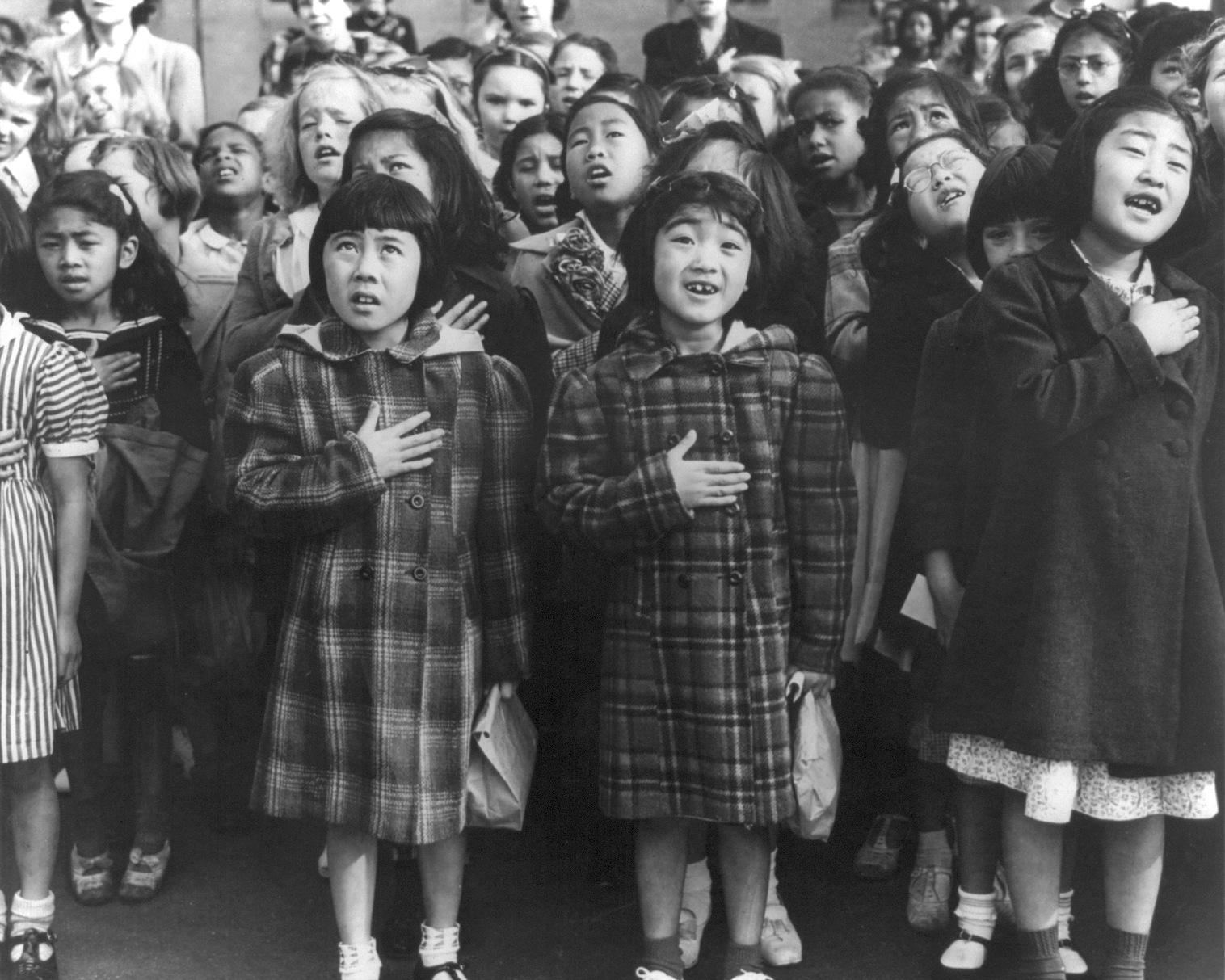Remember when Trump announced John Kelly as the new White
House Chief of Staff and everybody breathed a collective sigh of relief? “This
isn’t another Trump stooge,” rational American assured themselves, “this is a
General, a well-respected career military man.” Hopeful citizens grasped
tenuously at this new glimmer of hope. “John Kelly will be a voice of reason in
the Trump White House. Finally, there will be an adult in the room.”
So much for hope.
The first sign that we were all wrong about Kelly was when
Kelly defended Trump’s botched sympathy call to a fallen soldier’s widow by
deliberately and provably (roll that tape!) lying about Rep. Frederica Wilson
in a blatant attempt at character assassination. It was a betrayal of that hope
he had instilled in rational America, and all we got in return was Sarah
Huckabee Sanders shaming reporters for the “inappropriate” act of actually
questioning a General.
That was bad enough.
But now, rational Americans woke of on Halloween morning to a
cavalcade of racist apologies and convoluted historical revisionism that most
of us didn’t expect to hear until Grandpa showed up for Thanksgiving dinner.
This self-destruction of John Kelly’s “Voice of Reason” persona occurred during
an interview on the debut of Laura Ingraham’s new Fox News show Monday Night,
which is why rational American’s didn’t hear about it until the following day.
But what they heard was almost as insane and illogical as the average Trump
Tweet. First, he was asked if he would consider apologizing for lying about
Wilson:
“I'll apologize if I need to. But for something like that,
absolutely not. I stand by my comments, But I'd just as soon let that
go."
Kelly said he’d apologize if necessary, but since he’s a
Trump lacky now, lying doesn’t count as something worth apologizing for. Just
to double down on his courageous stance against honesty, Kelly trails off by
saying he stands by his statement, but would rather forget he ever said it.
Spoken like a man of true conviction.
 |
| English: Confederate General Robert E. Lee poses in a late April 1865( http://www.archives.gov/research/civil-war/photos/#portraits ) portrait taken by Mathew Brady in Richmond, Virginia. Lee's surrender to Union General Ulysses S. Grant at Appomattox Court House on 9 April 1865, soon before this portrait was taken, marked the end of the American Civil War. Dust and scratches removed by Thegreenj (Photo credit: Wikipedia) |
The bulk of the well-deserved outrage, however, stems from
Ingraham quizzing Kelly on his opinion about the recent rash of removing
statues and plaques that commemorate confederate soldiers and leaders. This is
a debate that has already been going on for months now, and the only reason the
right wing media refuses to let it die is because they can’t stop pandering to
the racist minority that has become the GOP’s new base. For most people, the
obvious answer to the question is that removing memorials that praise people
who actively fought against the government in an attempt to keep slavery legal
are a bad idea, because you don’t reward people for doing bad things. John
Kelly, however, has proved that even a military man of distinction can still
openly abandon morality and logic in order to keep his job. However, not just
content to fall back on the “destroying history” argument, Kelly went one step
farther and decided to rewrite history before anti-slavery fanatics could
destroy it by removing some plaques.
“I would tell you that Robert E. Lee was an honorable man. He
was a man that gave up his country to fight for his state, which 150 years ago
was more important than country. It was always loyalty to state first back in
those days.”
So, in the opinion of General Kelly, White House Chief of
Staff, we should be commemorating General Lee because he was loyal to his
cause. Well now, that’s awfully progressive of Kelly. Now, what was it that
General Lee’s loyalty was focused on? Oh yes, overthrowing the United States
Government and ensuring the legality of owning human beings as slaves. Well
now, wasn’t that noble of Lee? I guess we really shouldn’t judge Lee for trying
to destroy America and condemn an entire race to enslavement. It was all about
state’s rights back then, after all. That makes the whole treason and slavery
angle so much more understandable. But wait, much like a Trump Tweet, Kelly
isn’t done digging yet:
 |
| Portrait of Gen. Robert E. Lee, officer of the Confederate Army (Photo credit: Wikipedia) |
“Now it's different today. But the lack of an ability to
compromise led to the Civil War, and men and women of good faith on both sides
made their stand where their conscience had them make their stand.”
Hmmmm… a lack of compromise. That’s an unusual way of saying
“refused to let go of slavery.” I mean, what possible reason could Kelly have
for being so obtuse about the cause of the Civil War? If he had just said that
“ALL wars” are cause by a lack of compromise, that would have had a bit of
truth imbedded in it, and maybe we could give a pass on this one. But no,
instead he specifically stated that the Civil War was caused by a lack of
compromise. Since he just got done talking about how Loyal Lee was, should we
infer that this “compromise” should have occurred on the side of the
Confederacy? Somebody should probably ask him to clarify. Oh, and let’s not
forget the “men and women of good faith on both sides,” which is almost an
exact quote from when Trump came out and said that there were good people
involved in white nationalist neo-Nazi organizations, and that we shouldn’t
blame them for being racist bigoted assholes. I’m paraphrasing, of course, but
I’m quoting accurately from the Kelly interview:
“I think we make a mistake, though, and as a society and
certainly as, as individuals, when we take what is today accepted as right and
wrong and go back 100, 200, 300 years or more and say what those, you know,
what Christopher Columbus did was wrong. You know, 500 years later, it's
inconceivable to me that you would take what we think now and apply it back
then.”
There’s so much stupid in this sentence, we need to convert
it into Trump-friendly bullet points:
- · Morality is relative to when you are born.
- · We as individuals shouldn’t judge the past actions of groups.
- · Right and Wrong was different 100 years ago, so no harm, No foul.
- · The Genocide of Native Americans touched off by Christopher Columbus wasn’t “wrong” because it was so long ago.
- · It’s inconceivable that people would apply current experience and knowledge to past events.
Wow, how convenient! All past atrocities can so easily be
dismissed as unfortunate faux pas. I wonder what other historical events we can
apply Kelly’s tortured logic to, with 100 years being his given milestone for
chalking behavior up to old-timey thinking.
- · Klu Klux Klan? Just passionate nationalists, nothing to blink at.
- · The lynching of black Americans? Technically not 100 years yet, but hang in there!
- · The Holocaust? By Kelly’s estimate, we’re only a few decades away from being able to shrug it off as just “men and women of good faith on both sides.”
Gee, it all seems kind of stupid and cruel when you break
down the logic behind the argument. Much like the Confederacy. If the esteemed
former General of America’s armed forces is done making excuses for treason and
racism, we’d all like to get back to impeaching our disgrace of a president,
thank you very much.





































